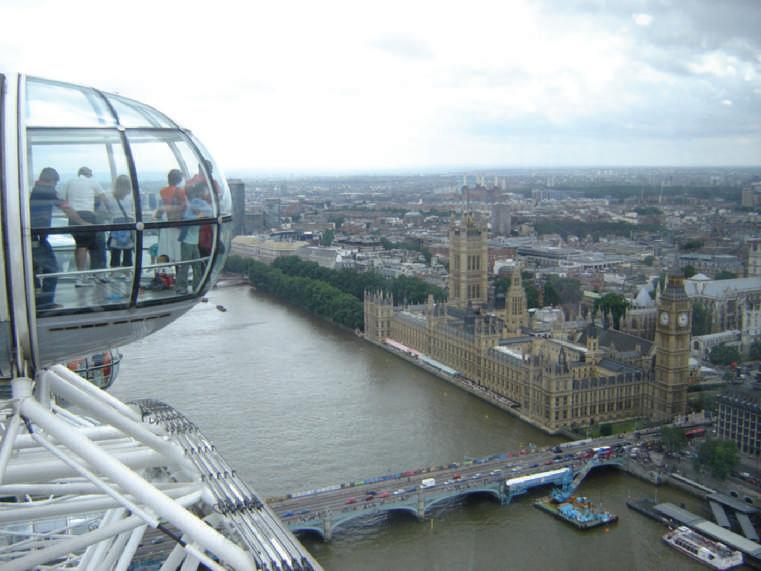
2 minute read
5-5a Cultural Dimensions of Doing Business in Japan
Reality Che C k lO-4
Choose one of the above sources and read the write-up on any five countries of your choice. How much information is provided about their cultures? Are there any similarities among your choices?
Advertisement
5-5 Cultural Dimensions of Conducting Business in Individual Countries
Although it has been emphasized that it is more important to have an overall flexible and open attitude about foreign cultures than to memorize lists of “do’s and don’ts,” individual countries have specific business customs that are worth learning. In this section we highlight a few countries and cultures where many U.S. firms may aspire to do business.
A business entrepreneur, Mr. Jones, who owns and manages a software and computer company, has made more than 20 trips to Japan, his most important international market. This experience enabled him to develop a series of business strategies that recognized the cultural aspects of doing business in Japan.
Mr. Jones noticed that most flights from the United States to Tokyo—about 14 hours in length from the United States’ West Coast—arrive late in the afternoon. Upon being greeted by his Japanese hosts, he would typically go to dinner and stop in various Tokyo bars. Mr. Jones soon believed that these “welcoming” activities were designed to take advantage of his severe case of jet lag so that he would be more likely to grant concessions at the next day’s meetings. After gaining some experience in this practice, Mr. Jones decided to fly into Tokyo, getting several days of rest to eliminate jet lag and thereafter alerting the Japanese business representatives that he had arrived.
On several occasions during his meetings, the Japanese executives would engage in lengthy periods of silence. Mr. Jones believed that this was a tactic to get him to speak first in hopes that he would make concessions. Eventually, Mr. Jones decided to wait out these periods of silence and allow the Japanese executives to speak first. In one instance, it took 30 minutes of silence, but the strategy worked.
Mr. Jones also noticed that not much had happened during negotiations until the evening before he was scheduled to return to the United States. Then, he was under pressure to accomplish a lot in negotiations, with the hope that he would “give the store away.” Mr. Jones countered this ploy by arranging for his return ticket after all negotiations and agreements had been made.
Mr. Jones also learned about other cultural aspects of doing business in Japan, which have included the following:
• Upon meeting a Japanese executive, a slight bow and handshake are appropriate. • Business card etiquette is important. On one side of the card, the information should be in English; the other side should have the same information in Japanese. • It is not appropriate to look directly into the eyes of your Japanese hosts. • It is important for your Japanese hosts to know your title and rank. They prefer to do business with high-ranking individuals. • Japanese business has a group orientation, rather than an individualistic one. “The peg that stands out gets hammered down” is an old Japanese saying.
LO-5
Describe the cultural aspects of doing business in various countries, including East Asian countries, Arab countries, and Latin America.






